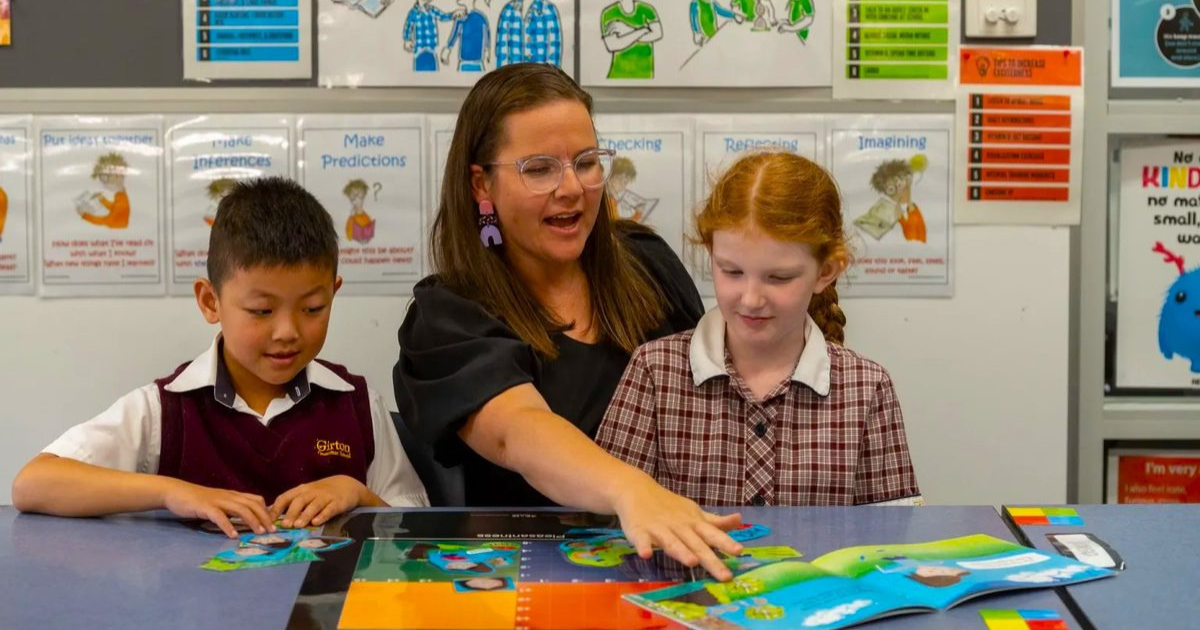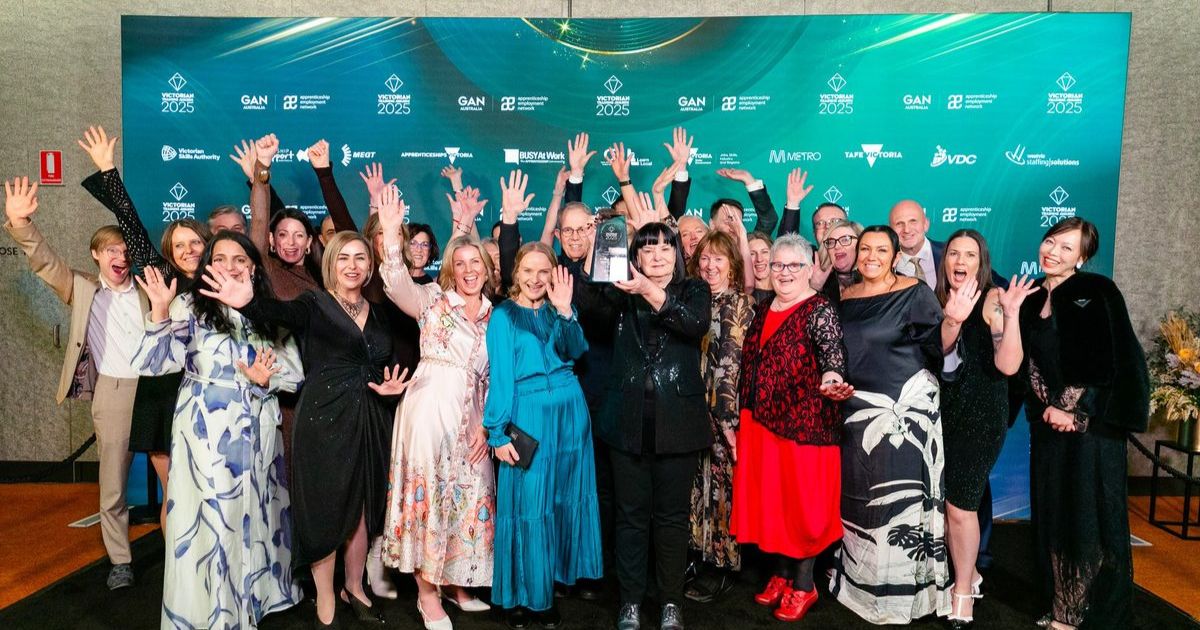City support for mine extension comes with conditions
A PROPOSAL to extend the life of the Fosterville Gold Mine by at least a decade has won qualified City council support, with a long list of issues that will need to be addressed if the project proceeds.
A City of Greater Bendigo submission to an inquiry into the proposal’s Environmental Effects Statement says many parts of the plan need attention, and makes recommendations on them.
Under its Sustained Operations Project, mine owner Agnico Eagle wants to extend the mine’s life by 10 years by growing its underground operations and existing open pits, building new tailings storage, establishing a new evaporation pond and waste rock dump, and setting up an aquifer recharge program.
Planning Minister Sonya Kilkenny will make a final decision on the project after the inquiry panel reports on its investigation.
Former Planning Minister Richard Wynne ordered the EES in 2021.
A total of 1058 submissions were lodged and a directions hearing was held in Melbourne last week. The panel has 30 days from the hearing to make its report.
CEO Andrew Cooney said the mine has provided significant direct and indirect economic benefits to the Greater Bendigo community since 2005.
“The City recognises the mine is a key employer in the region, with more than 600 staff, and that a range of local businesses support the mine’s operations by making parts and providing other services,”
Mr Cooney said.
“The mine is also a generous sponsor and supporter of many community events, projects and other initiatives.
“While the benefits are clear, it was important to the City to use its submission to the EES to represent the broader community and seek a balance in development while managing the long-term impacts of large-scale mining such as this.
“The mine takes its environmental and social responsibilities seriously and has proven it has a commitment to our community and the land it operates on.
“The City would welcome the opportunity to work with the mine and help ensure wide support for its operations into the future.”
The City hired experts to examine the EES. The submission, based on their advice, says that some assessments have “unclear methodologies” used to support conclusions.
It expresses dissatisfaction with social and human health impacts, conclusions on air quality impacts, visual impacts, and control of greenhouse gas emissions, among other issues.
“There are concerns regarding potential impacts on the community which require further assessment,” the submission says.
“While it is recognised significant economic benefits will result from the project, the City considers that the FGM could potentially pose a risk of harm to human health and the environment and therefore has a duty to appropriately assess those risks, and eliminate or minimise those risks, so far as reasonably practicable.”



















